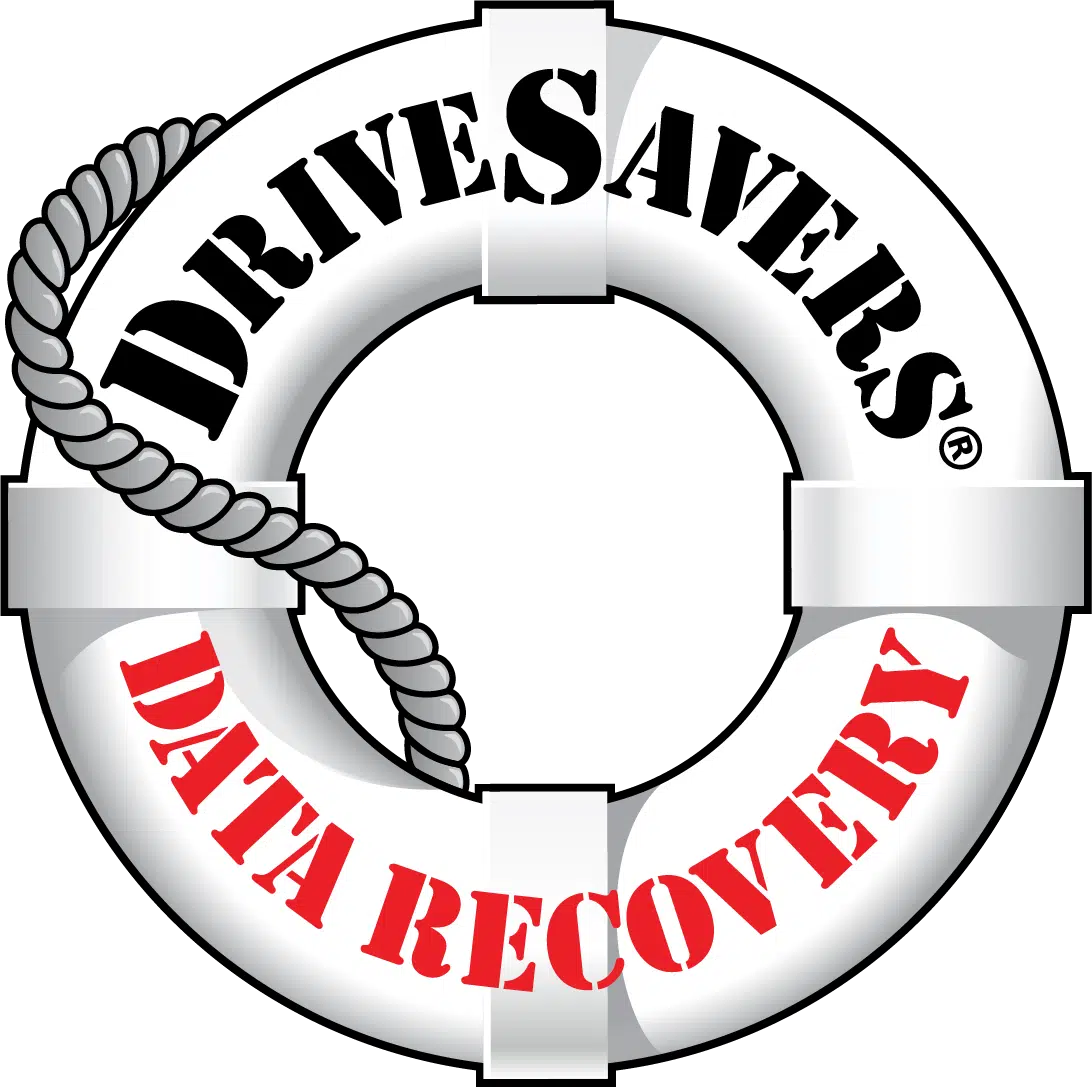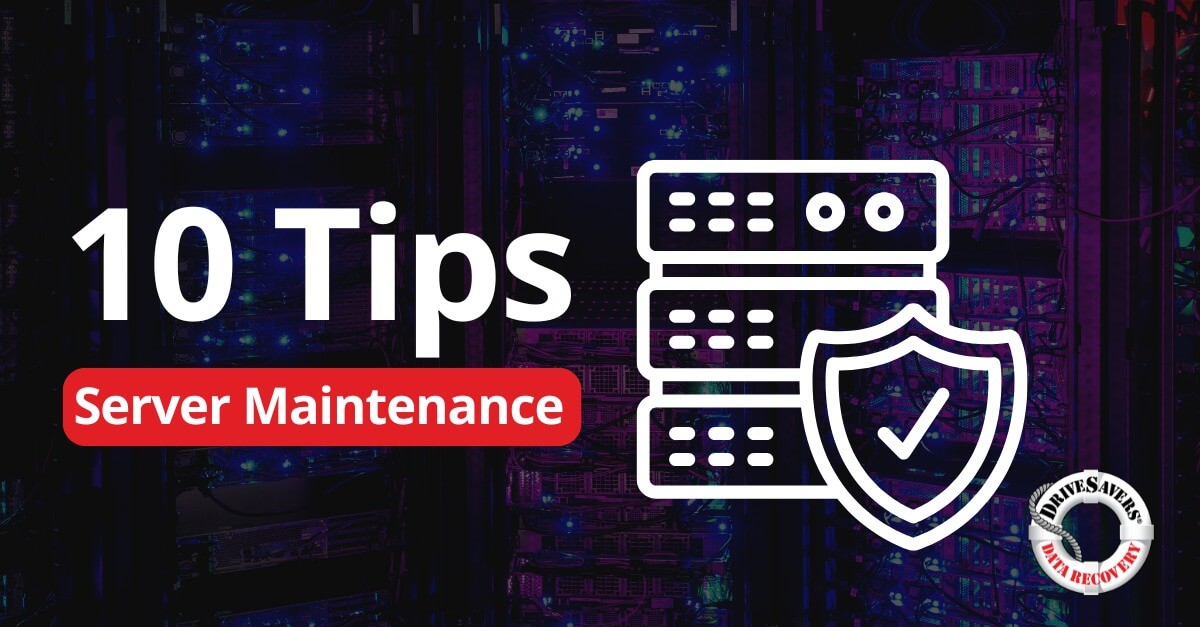How the data recovery experts at DriveSavers plan to retrieve $750m in Bitcoin from a hard drive buried in landfill since 2013.
Making Good Choices for a Good Recovery

By Mike Cobb, Director of Engineering
If you have the misfortune of dealing with a failed data storage device—smartphone, tablet, memory card, hard drive, etc.—what are the most important things you should know before you talk to a data recovery company about the help you need?
A fancy website may make a good impression, but it is not necessarily a sign of a qualified data recovery service. It’s what happens behind the scenes that really counts and all data recovery companies are not created equal.
Who is This Company?
First, make sure you know who you are really dealing with.
Does the company have a track record of success and is it recommended by the manufacturer of your equipment? What’s the Better Business Bureau saying about the company?
Is the data recovery work handled locally or sent somewhere else? Some storefronts are simply a place to drop off your drive while the work is actually done someplace else, maybe in another country. If your drive is going to be sent to another location, make sure you know where that other location is.
Is the Company Qualified?
Before choosing a data recovery service, demand proof of their technology, security and experience. If they can’t prove it, you may lose it—forever!
One key item to see proof of is the use of a Certified ISO Class 5 Cleanroom. Without that specialized working environment, drives cannot be opened without exposing the delicate inner components to the atmosphere and causing irreparable damage and data loss.
Related article: Microscopic Particles can Cause Huge Damage
Safe or Sorry?
How safe is your data?
As far as security goes, check to make sure the company you use will be able to protect your data from hackers and security breaches through:
HIPAA—The Health Insurance Portability Act requires certification to guarantee security and confidentiality of medical and patient data.
SOC 2 Type II Audit—Even more robust than HIPAA is proof of passing a SOC 2 Type II audit, which certifies proper security measures are in place to protect every customer’s private information during all phases of the data recovery process.
Don’t Pay Up Front!
No one should ever pay a fee in advance for data recovery. Any fee charged should be based on the final results. Success should be guaranteed. No data, no fee. Be wary of special charges for shipping, parts or any other so-called “extras.”
Who’s Got Your Data?
Lastly, make sure that whomever you are dealing with on the front end will be available to help on the back end if something goes wrong. Companies with limited resources often have limited work hours and understaffed customer service. Is customer assistance offered after business hours and on weekends, when you may really need it?
If you take all of these factors into consideration—security, availability, credibility and capability—the choice you make should lead you to the best possible partner for solving your data recovery issues.




